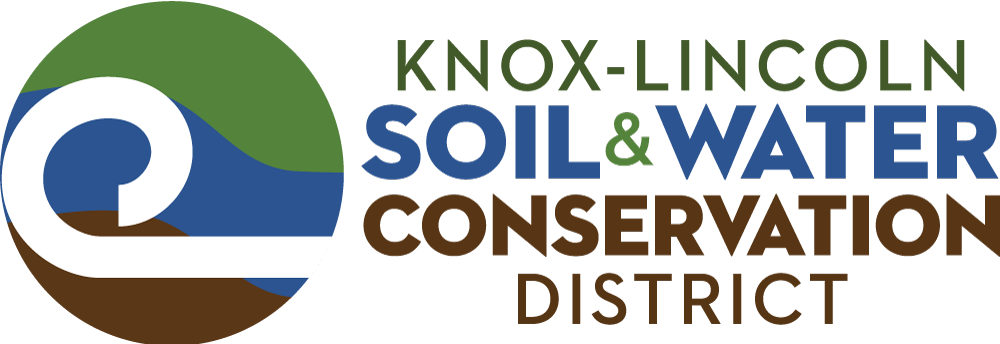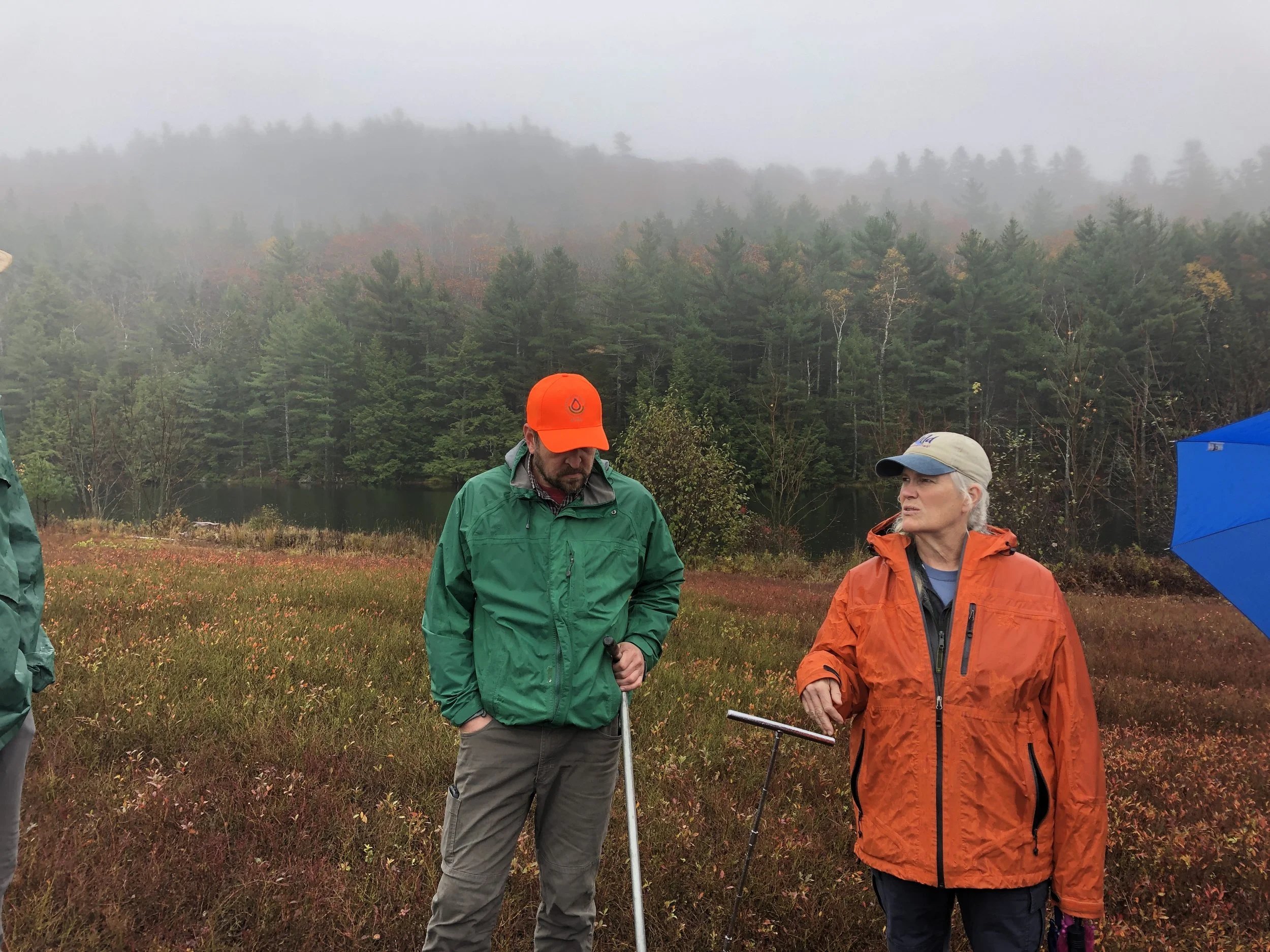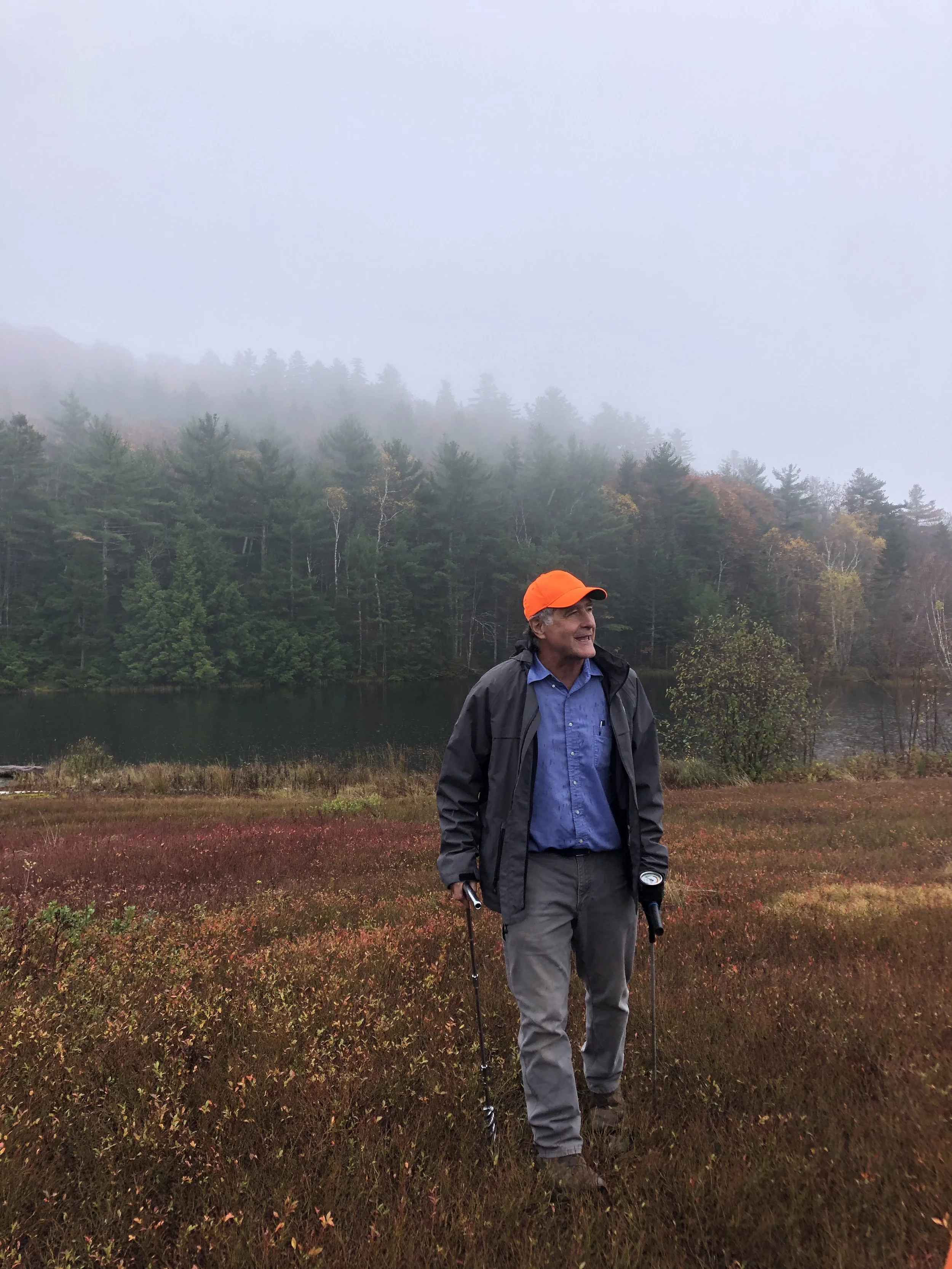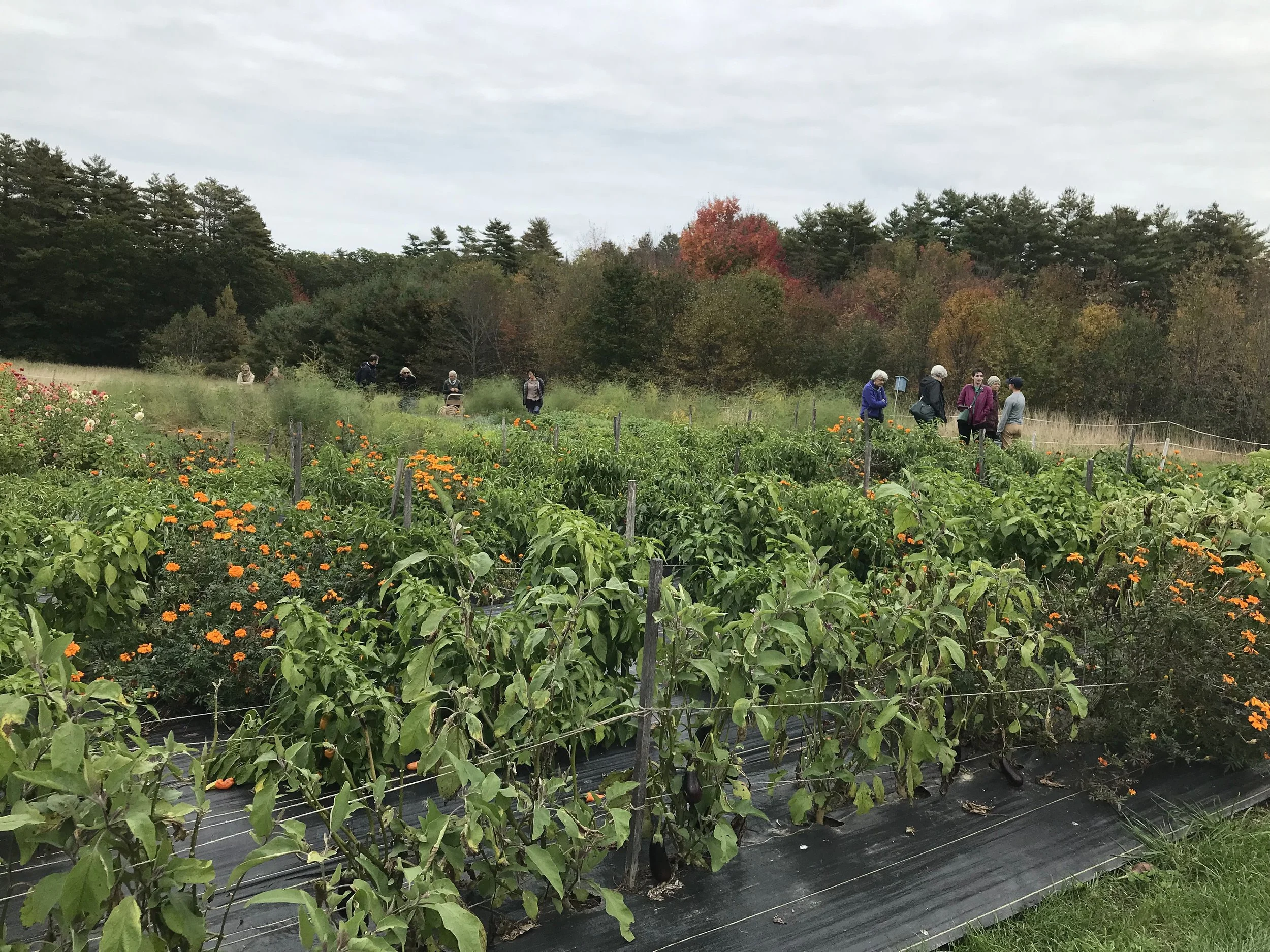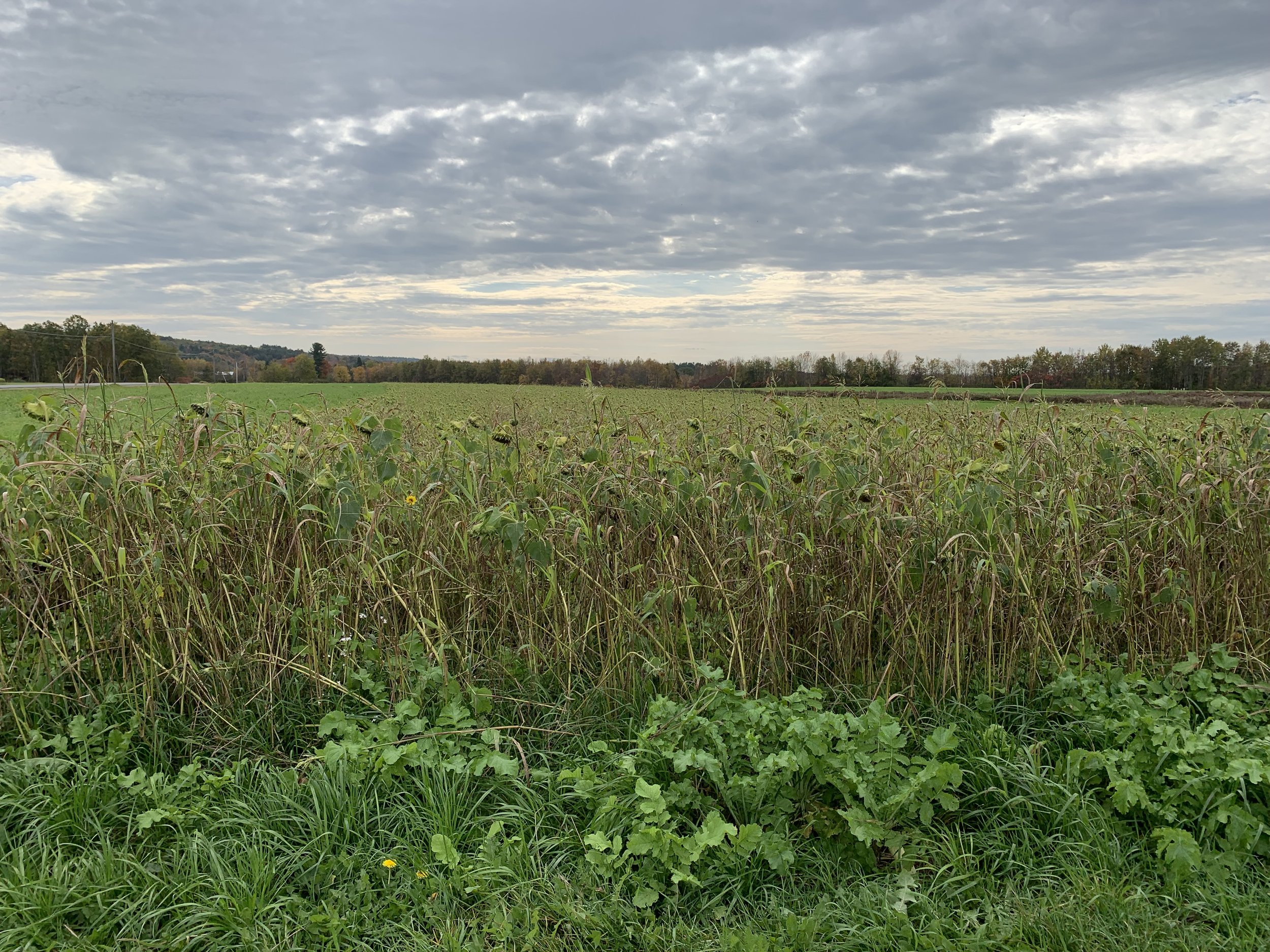
Natural Resources Conservation Service
Environmental Quality Incentives Program
What is the Environmental Quality Incentives Program (EQIP)?
The Environmental Quality Incentives Program (EQIP) is delivered by the USDA Natural Resources Conservation Service and provides technical and financial assistance to producers and forest landowners to address natural resource concerns and deliver environmental benefits such as:
Improved water and air quality
Conserved ground and surface water
Increased soil health
Reduced soil erosion and sedimentation
Improved or created wildlife habitat
Mitigation against drought and increasing weather volatility
Through EQIP, producers can access technical assistance and cost share programs to do conservation planning and implement specific conservation practices.
Interested in getting support? Contact your local District Conservationist.
Learn more about Natural Resources Conservation Service and other programs and initiatives offered.
Understand EQIP
-
NRCS works one-on-one with producers to develop a conservation plan that meets their goals and vision. This plan becomes a roadmap for selecting the right conservation practices for your land to help solve on-farm resource issues. Producers implement practices and activities in their conservation plan that can lead to cleaner water and air, healthier soil and better wildlife habitat, all while improving their agricultural operations.
EQIP helps producers make conservation work for them. NRCS offers about 200 unique practices designed for working farms, ranches, and forests. NRCS financial assistance can cover part of the costs of implementing conservation practices. Some producers may also qualify for advance payment.
-
Through EQIP, NRCS provides agricultural producers with one-on-one help and financial assistance to plan and implement improvements, or what NRCS calls conservation practices. Together, NRCS and producers invest in solutions that conserve natural resources for the future while improving agricultural operations. Some of these benefits include:
Reduced contamination from agricultural sources, such as animal feeding operations.
Efficient use of nutrients, reducing input costs and reduction in nonpoint source pollution.
Improved soil health, which mitigates against increasing weather volatility, improves drought resiliency and can positively affect climate change.
Implementation of climate-smart practices that improve carbon sequestration and reduce greenhouse gas emissions while building resilient landscapes.
-
An EQIP Contract is a binding contract between an eligible producer and NRCS that provides cost-share funds to install approved conservation practices to address resource concerns.
Cost-share is NOT a grant. In cost-share, the landowner initiates and pays for all conservation treatments specified in the NRCS contract. Once those activities are certified as complete and meet NRCS standards and specifications, NRCS will reimburse the landowner based on average costs and cost-share rates established in the contract.
Cost share rates are flat rates based on average costs in Maine. Limited resource producers, beginning farmers and socially disadvantaged producers may qualify for cost-share rates up to 90% of total cost.
An EQIP contract lasts from three to ten years depending on plan specifics. Under the agreement, the landowner agrees to maintain practices and allow NRCS access to monitor the practice for its specified life expectancy (i.e. grassed waterway-10 years).
-
NRCS offers technical assistance at no cost. Producers can use personalized advice and information, based on the latest science and research, to make informed decisions about their land.
Technical Service Providers (TSP) can help producers plan, design and implement conservation practices or develop conservation activity plans to improve their agricultural operations. For more information on the Technical Service Provider program, visit the TSP page.
Technical assistance is also offered through our Conservation Technical Assistance (CTA) program.
Need a local Technical Service Provider? Visit the locate a TSP page.
-
Farmers, ranchers, and forest landowners who own or rent agricultural land are eligible. EQIP assistance can be used on all types of agricultural operations, including:
Conventional and organic
Specialty crops and commodity crops
Forestry and wildlife
Historically underserved farmers*
Livestock operations
*Increased and advance payments available for historically underserved producers (beginning, limited resource, socially disadvantaged, and military veterans.)
Required Steps for a Potential EQIP Contract
-
Make an appointment by contacting your local NRCS Service Center, then stop by at the time of your appointment and ask an NRCS conservation planner to sign up for the EQIP Program. You will need to complete an official application to be considered for the program. This would also be a good time to establish or update your records with FSA which is co-located in our USDA Service Center building. Applications for NRCS conservation programs are accepted on a continuous basis; however, customers should apply by state-specific ranking dates to be considered for the current funding cycle. Payment rates for conservation practices are reviewed and set each fiscal year.
Applications are taken continuously and are batched into statewide allocation periods to give the conservation planner adequate time to evaluate the application before processing. Applications are non-binding and applicants may cancel their applications at any time during the application process.
-
An NRCS conservation planner will schedule a visit to your property. They will walk the land with you to discuss your goals, review any resource concerns, and determine whether the land is eligible for EQIP. Eligible land must be owned by the producer, or the producer must have a written long-term lease (or be willing and able to acquire one prior to signup). The land must also have a resource concern identified by a certified conservation planner that can be addressed through the implementation of specific conservation practices.
-
An NRCS planner converts your application into a potential EQIP contract and submits it for funding. Each field office receives an annual allocation to fund EQIP contracts for that year. This often happens in early spring, though timing is subject to change. There is a ranking procedure that determines which applications receive funding. The ranking process is based on addressing resource concerns. The highest ranked applications are funded first. Funding is not guaranteed. Unfunded applications can be deferred and resubmitted for the next allocation period.
-
Following the site visit and application, the conservation planner will develop a conservation plan that includes a variety of conservation practices or activities to address the resource concerns and management goals discussed. A conservation plan:
Describes landowners’ goals and resource concerns.
Lists conservation practices that can address resource concerns or problems.
Reviews the potential impact of conservation practices on Cultural Resources, including Native American sites and historic buildings and sites. (Required)
Reviews the potential impact of conservation practices on wildlife, including endangered, threatened and at-risk species. (Required)
Determines the environmental impact before and after the installation of conservation practices.
**For animal waste management applications or forest management applications it is necessary for the producer to have an approved Comprehensive Nutrient Management Plan (CNMP), or Forest Management Plan (FMP), respectively, prior to applying for cost-share assistance for those related practices. Cost-sharing can also be available to fund the development of CNMPs and FMPs.
-
If the producer’s application is ranked and selected, they will enter into a contract with NRCS to receive financial assistance for the cost of implementing conservation practices. The contract and all other necessary documents need to be signed. Then, the producer and conservationist can begin installation of conservation practices and disbursement of cost share funds.
Selected Conservation Practices
EQIP offers a wide variety of conservation practices for which eligible producers may be able to access cost share programs. Below are some selected practices that demonstrate the breadth of practices covered by EQIP.
-
-
-
-
Item description
NRCS District Service Centers
To learn more and inquire about any NRCS services and programs such as EQIP, contact your NRCS District Conservationist.
Lincoln and Kennebec Counties
Amanda Burton, District Conservationist
amanda.burton@usda.gov
(207) 622-7847 Ext. 3
2305 North Belfast Avenue
Augusta, ME 04330
Get Directions
Knox and Waldo Counties
Peter Abello, District Conservationist
peter.abello@usda.gov
(207) 338-1964 Ext. 3
46 Little River Drive
Belfast, ME 04915-9804
Get Directions
